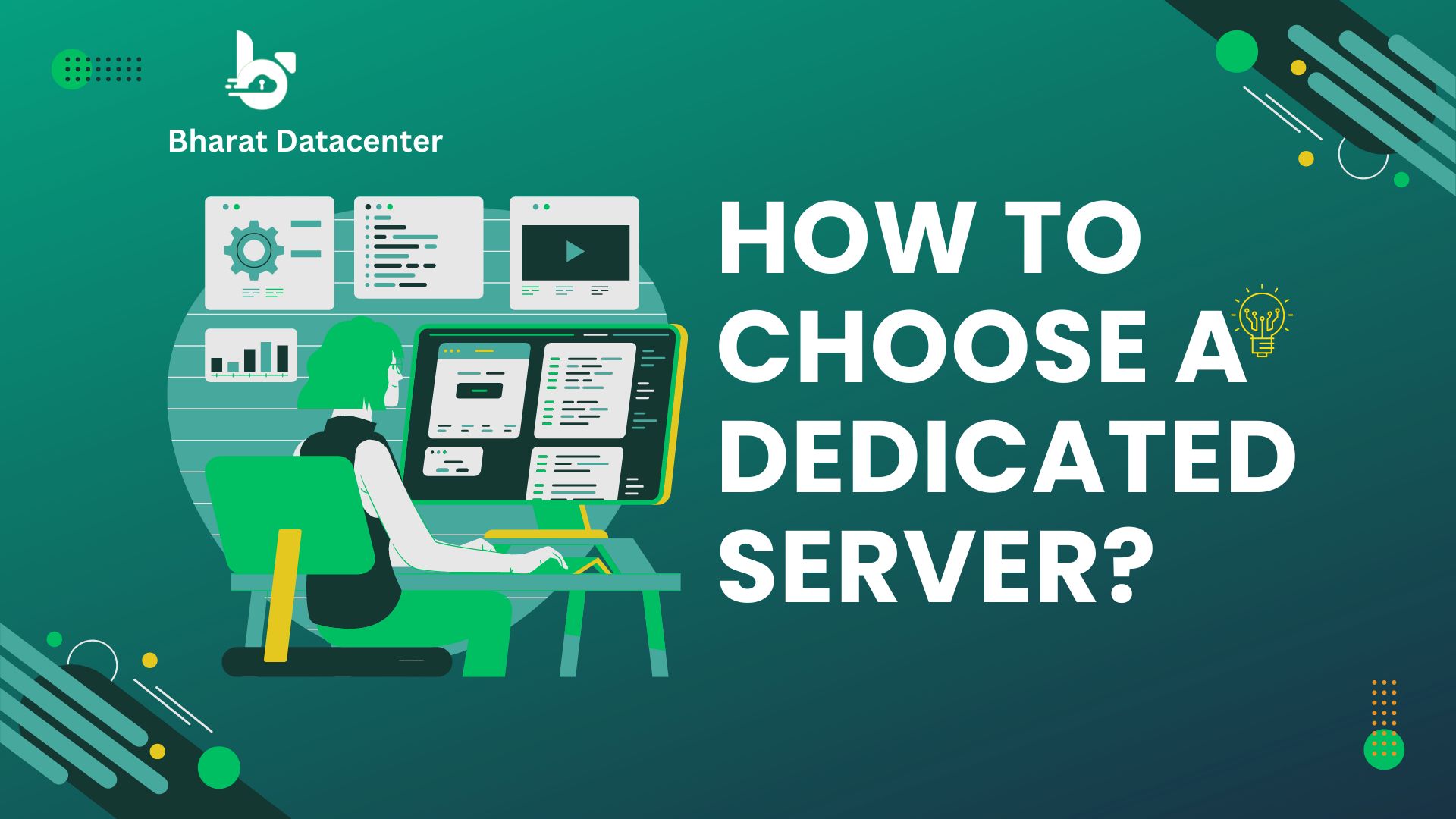Cloud Computing Explained
Imagine having access to all of your favorite games and toys from anywhere, not just at home, in a special magic toy box. That’s what cloud computing does – it keeps your stuff safe and lets you play with it wherever you are!”
What is Cloud Computing?
Cloud computing is that computing which allows users to access and use computer resources (like servers, storage, databases, networking, and software) over the internet, rather than on their local devices or servers. This offers adaptability, scalability, and affordability for a range of applications and services.
Advantages and disadvantages of cloud computing
Advantages:
- Cost-Efficiency: Cloud computing lowers up-front expenditures and ongoing costs.
- Scalability: Businesses only pay for the resources they use by using cloud services, that can be readily scaled up or down based on demand.
- Flexibility and Accessibility: Cloud services can be accessed from any location, facilitating remote work and collaboration.
- Software upgrades and maintenance are handled automatically by cloud providers, thus guaranteeing the user of access to the newest features and security fixes.
- Security Measures: Reputable cloud providers like blazedge.com make significant investments in security measures, frequently going above and beyond what many businesses can put in place on their own.
Disadvantages:
- Dependence on Internet Connectivity: Users can encounter interruptions in the absence of a reliable connection.
- Security worries: Despite the numerous security procedures put in place by cloud providers, there may still be worries regarding the security of sensitive data hosted offsite.
- Limited Customization: Some cloud services may have customization restrictions, which makes it difficult to satisfy the unique requirements of some enterprises or applications.
- Long-Term Costs: Although cloud computing can be economical in the short term, long-term costs may mount, especially if a company needs a lot of resources.
- Data Transfer Speed: For organisations with vast data requirements, uploading and downloading massive amounts of data to and from the cloud can be time-consuming.
- Vendor Lock-In: Changing cloud providers can be difficult and expensive, which could result in vendor lock-in.
BharatDatacenter.com stands as a pinnacle in cloud computing. With their cutting-edge technology, commitment to security, and unwavering reliability, they prove to be the best choice for businesses seeking top-tier cloud solutions. Let’s Get Social
| Insta |


